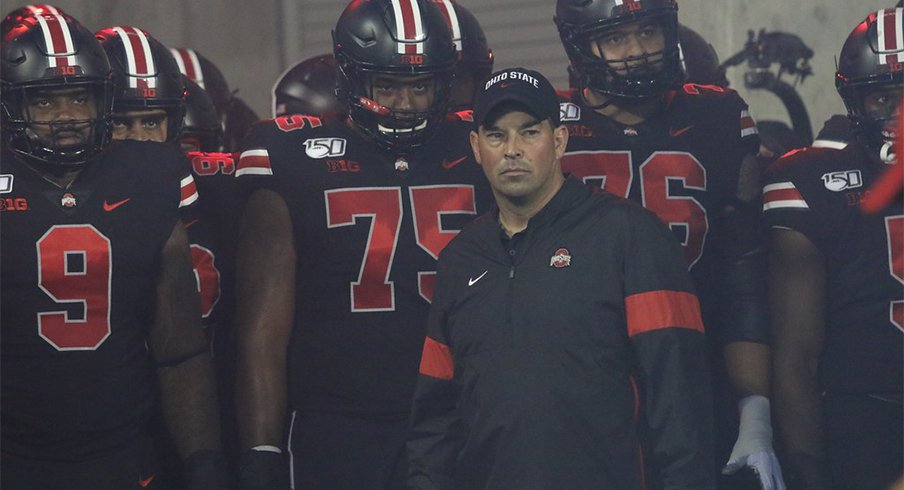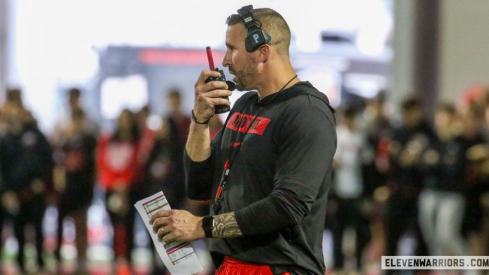These are uncertain times, indeed.
The coronavirus pandemic has halted or greatly altered so many aspects of our lives. Many of our businesses temporarily closed or drastically changed how they operated. Stay-at-home orders kept us from regularly seeing our friends and family. We didn't get to watch the NCAA basketball tournament.
As states begin to open and life returns to some semblance of normalcy, hope for the college football season is beginning to spike. But the uncertainty around whether contact sports can safely take place with large crowds in the stands has NCAA and conference officials considering alterations to the football season.
We don't know yet what those alterations will look like. Though the consensus opinion right now is that the season will likely be played without full crowds in stadiums, the NCAA hasn't made any announcements about potential changes to the schedule of its biggest money-maker.
That said, there have been some ideas kicked around by athletic directors, coaches, sportswriters and others. If any of those ideas become reality, they could have an impact on Ohio State and its 2020 season.
A One-or-Two Month Delayed Start
One potential change to the college football season that's been discussed regularly is to push back the start date of the season.
Many of the restrictions state and federal governments put in place were in an effort to flatten the curve and exposure of the virus. The longer those restrictions are in place and the longer we prevent large gatherings, the threat of community spread decreases.
So logically, if we push back the start of the season a month or two and kick off the season opener in mid- or late October, it could possibly give the states like California who are slow to open enough time to get their colleges and teams back up to speed.
A universal delayed start would likely impact the Big Ten the most. Ohio State could be playing home games in December and January. And think about the teams who'd have to play at Minnesota after Christmas. Yikes.
A Spring Start Date
With Oregon putting an early halt to large crowds and gatherings through September and California making a similar measure statewide, it's rumored that the Pac-12 explored pushing its entire season back to spring. If that happens, Ohio State's matchup with the Ducks wouldn't take place in Week 2 of the current schedule.
If all conferences decide to push football back to spring, that introduces additional challenges. How would that impact the start of the 2021 football season?
No Non-Conference Games
Another proposal that would push college football's timeline back is to eliminate non-conference games.
Doing that would reduce a tremendous amount of travel for teams across the country and, if needed, allow a three-to-four week delay to the start of the season.
This would eliminate Ohio State's trip to Oregon and a pair of MAC opponents, Bowling Green and Buffalo, visiting Ohio Stadium.
No Conference Championship Games and a Limited Bowl Season
If the NCAA is looking for ways to eliminate high-risk situations, conference championship games could be on the chopping block.
This, of course, would force conferences to turn back time. Before conference championship games, leagues would rely on their standings to determine champions.
This is trickier in today's college football. Gone are the smaller conference alignments that allow teams to play everyone in their league. The Big Ten has 14 members now, so Ohio State wouldn't be able to run through a 13-game schedule. A combination of overall records and poll standings would need to be used to determine league winners.
And once the regular season plays out, the postseason could look drastically different. If the NCAA wants to reduce exposure, it could put a one-year hiatus on a number of bowl games.
It's safe to assume the college football season won't look the same as it always does. There will likely be some changes coming in order to protect us from another spike. Whether those changes look like what's covered here or something different entirely, we're *hopefully* headed toward a season that actually happens in 2020.


